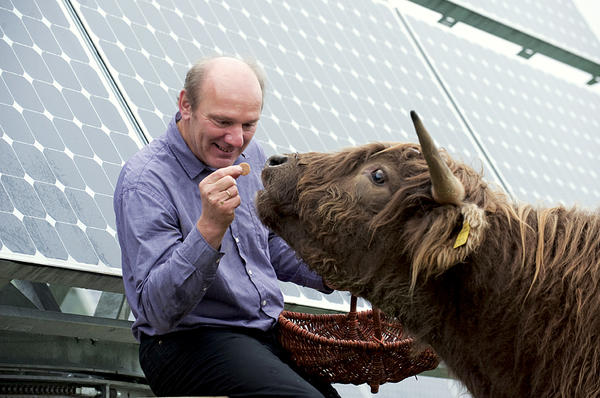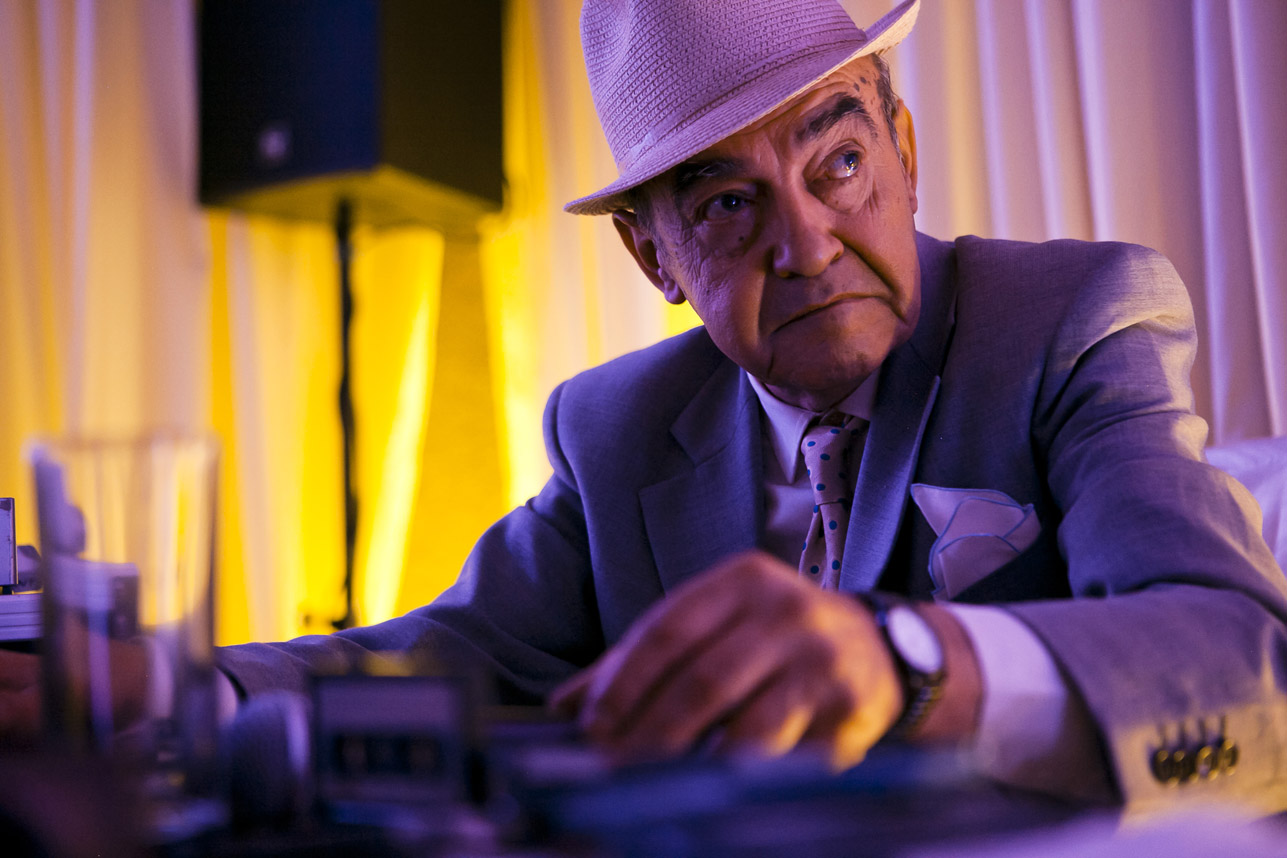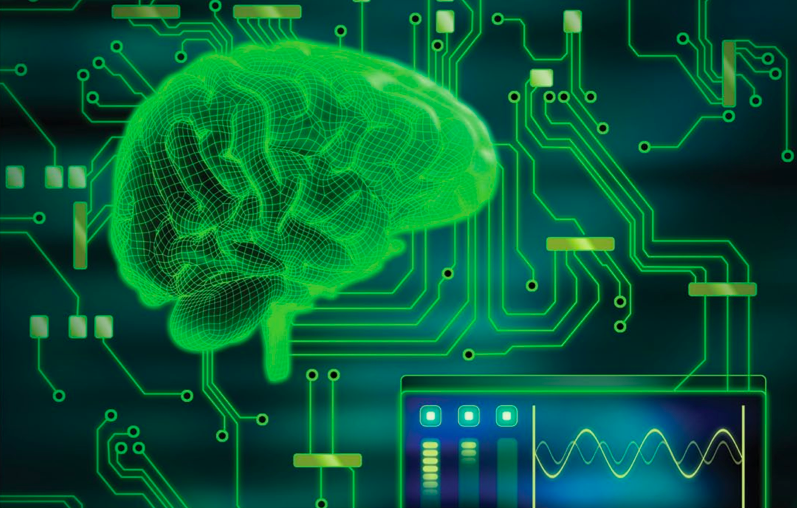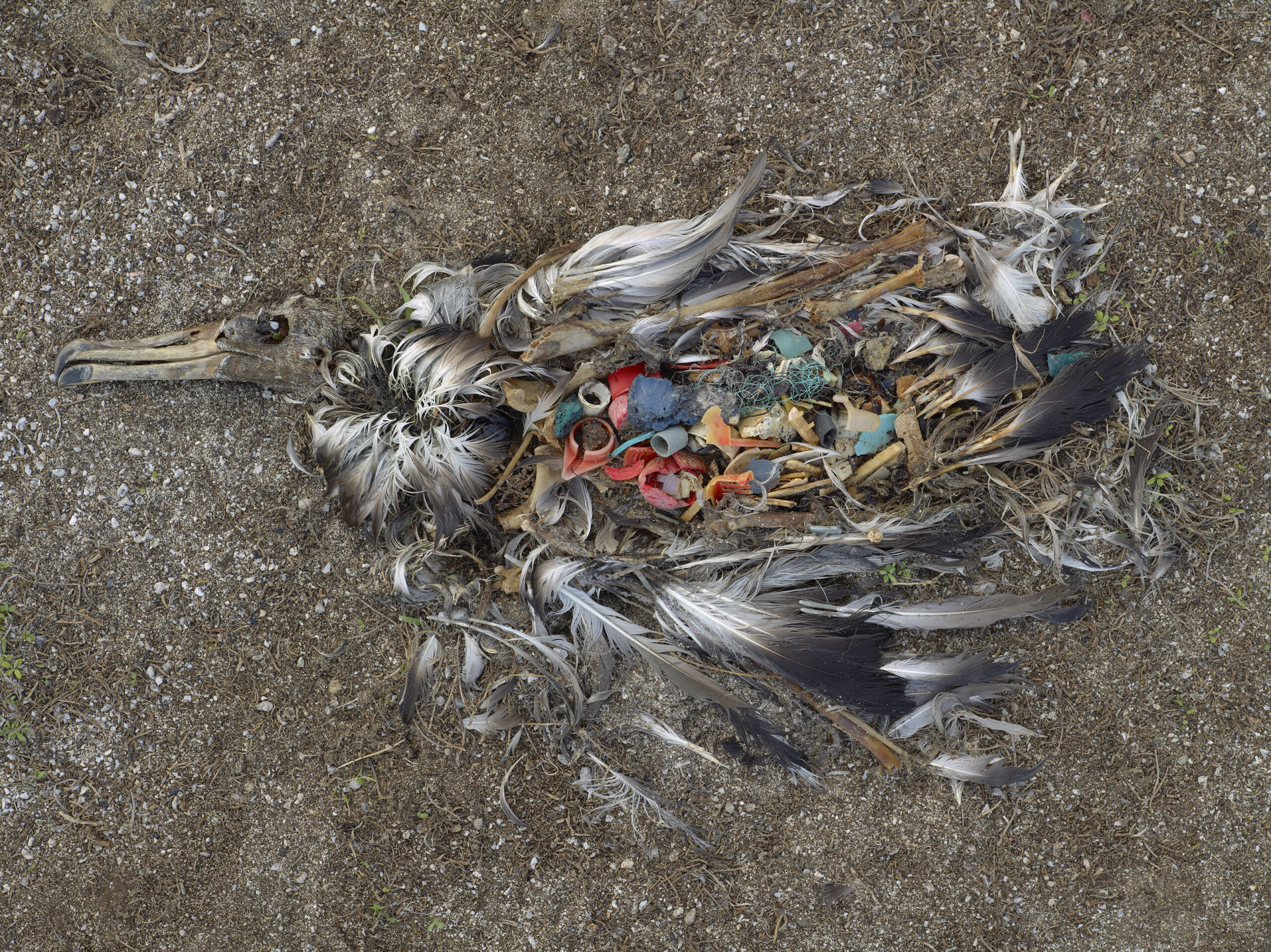Access to the internet is a human right, says the campaigner who has a plan to get the whole world online.

Kosta Grammatis has worked as an avionics engineer for the US space exploration company SpaceX. He is CEO of the organisation ahumanright.org and is a visiting researcher at the MIT Media Lab
You want to buy a communications satellite that is in orbit around the Earth. Why?
To bring internet access to millions of people who can’t, currently, get online.
How will buying a satellite help when billions of people don’t have phones or computers to access the internet?
The cost of computing continues to decrease substantially. In India, for example, they are rolling out the $12 laptop. Some people in developing countries spend half their disposable income on cellphones because telecommunications add value to their lives. If access to the internet were free, people will find a way to get devices to use it.
Have you got a particular satellite in mind?
Our organisation, ahumanright.org, has been thinking about recycling an existing satellite
for a while. In 2009 we heard that the company Terrestar was being delisted from the NASDAQ stock exchange. At the time they owned the largest communications satellite ever put in space. We thought it would be a unique opportunity, if they did declare bankruptcy, to buy their satellite. When the company filed for chapter-11 bankruptcy protection in October last year we rolled out buythissatellite.org to crowd-source the initiative.
Where is the satellite now? Wouldn’t it have to be moved?
Terrestar-1 is currently at the longitude of North America. If we buy it, we will move it to a country that lacks internet access and use it to deliver access there. Every satellite has thrusters which allow it to move.
What are the main challenges to buying the satellite?
They are financial. Buy this Satellite has a goal of raising $150,000. That won’t buy a satellite, but it will get the process started. The funds will be used for a feasibility study to take to investors and start the legal process of submitting a bid for the satellite. So far, we have raised $30,957 from 570 donors. The response has been incredible.
Why do you argue that access to the internet is a human right?
At the moment, the internet is the primary means to access information. Article 19 of the Universal Declaration of Human Rights states that everyone has the right to “hold opinions without interference and to seek, receive, and impart information and ideas through any media and regardless of frontiers”. We all know the adage “you can give a man a fish…” If you give someone the internet, and teach them how to use it, they can learn anything they want to know.
Isn’t access to education, healthcare and clean water is more important?
Access to the internet, and the information it holds, facilitates education, healthcare and access to clean water. Tele-education helps kids learn in rural areas, tele-medicine allows doctors to treat the sick from anywhere in the world, and incredible online projects like charitywater.org help people gain access to clean water.





